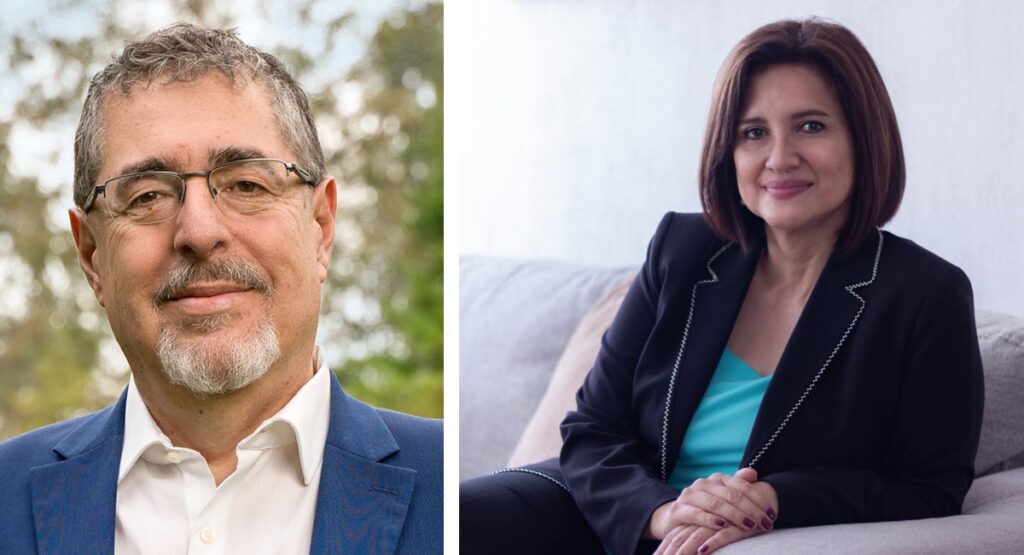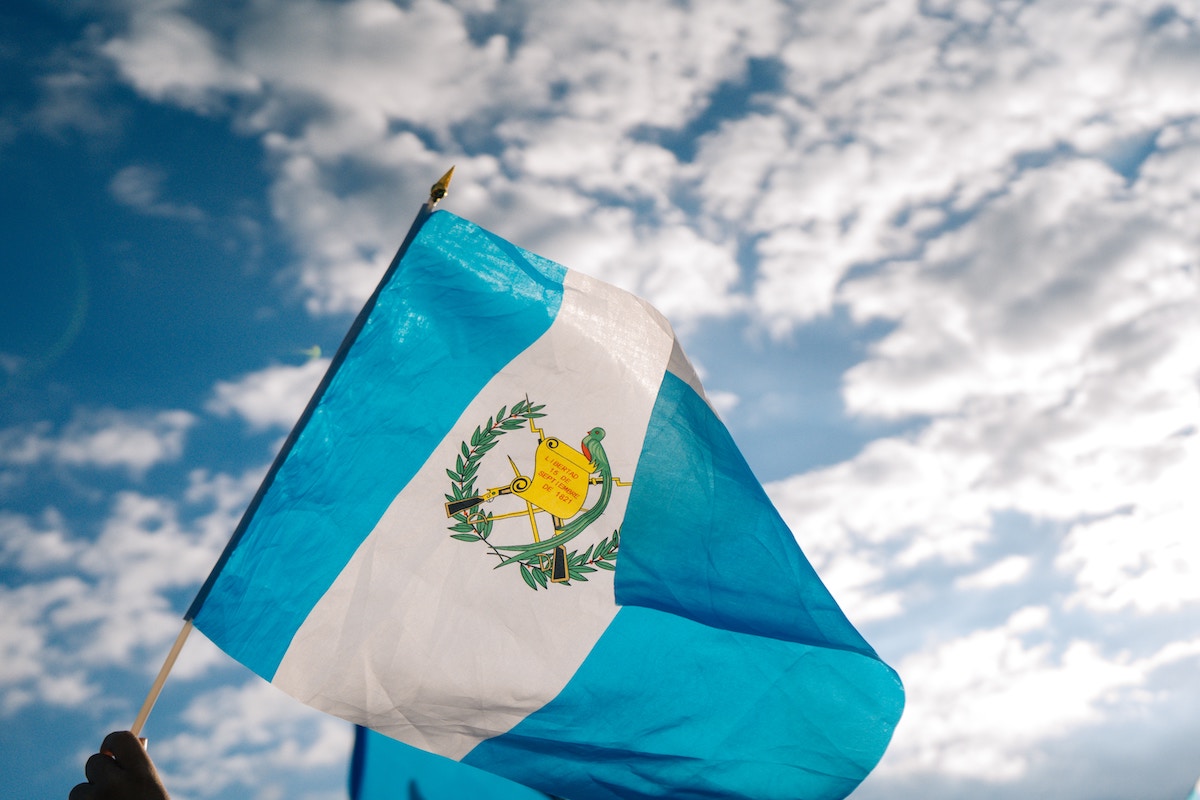By Pedro Arce
This is a dangerous moment in Guatemala. Despite the recent landslide vote in favor of presidential anti-corruption candidate Bernardo Arévalo, and its certification by the national electoral authority, forces are doing everything possible to prevent the president-elect from taking office on January 14, from launching legal challenges to hatching assassination plots. The Organization of American States has asked for Arevalo to be protected.
If attempts succeed to derail the orderly transfer of power in the largest country in Central America, repercussions will be grave not only for democracy in Guatemala, but also for 2 million Guatemalans living and working in the United States. The money they labor to send home – $1.8 billion last year – will be worth less as corrupt structures stay in place and the risk increases of political instability.
After peace agreements in the 1990s ended a long and brutal armed conflict, Guatemalans have sought to reestablish the democracy they lost almost 70 years ago, using Constitutional processes and the agreements, including elections.
Nevertheless, the traditional oligarchy and politicians, along with the military and sectors that have emerged under their shadow, such as mafias involved in drugs and human trafficking, have maintained control of the state apparatus, and today, more than ever, threaten the stability of the country. By means of dubious judicial procedures, the current regime is creating obstacles to impede the newly elected authorities, who campaigned on eliminating corruption, from taking office.

They oppose Arévalo because the president-elect and his Semilla Movement party are responding to deep seated desires of most Guatemalans to overcome the conditions of poverty, backwardness, discrimination, insecurity and absolute lack of legal certainty imposed by an alliance of powerful politicians and members of the business and military sectors. In Guatemala, the alliance is commonly known as “the Pact of the Corrupt”.
Instead of the old recourse of using a military uprising to subvert the will of voters, the Pact of the Corrupt, including several state institutions, is conspiring to break the constitutional order through a coup in slow motion, using the judicial system in place of bullets and proclamations to subvert the electoral system.
The Guatemalan constitution establishes that elections are ruled by the Elections and Political Parties Act implemented by the Supreme Electoral Tribunal (TSE). Throughout the run-ups to the first and second round of voting on June 25 and August 20, unscrupulous courts have been twisting the law to prohibit the inscription of political parties opposing the regime and allowing the participation of those perceived as innocuous. When voters favored Arevalo’s party, once considered innocuous, with a surprise victory, the current regime began attempts to fatally cripple Semilla.
Those attempts include the following:
- Courts favor fraud accusations that the TSE determines are groundless.
- The discredited Attorney General – who, along with another prominent judge, are on the U.S. list of corrupt actors – has attempted to suppress Semilla by invading and searching its offices, with the assistance of police and military.
- The Attorney General’s office ordered the invasion of the premises of the national electoral authority itself, sequestering files and threatening to initiate lawsuits against TSE officials.
- Other institutions such as the Supreme Court, the Court of Constitutionality and minor courts have issued ambiguous decisions that question the legality of Semilla, taking on issues that properly belong only to the TSE, which has confirmed Arevalo’s election.
The object of all these efforts is to create institutional chaos.
The actions have the effect of casting a shadow over Semilla’s congress members, so that they cannot be part of congressional committees. They throw into question the constitutional guarantee that the newly elected president and vice-president elect will take office on January 14.
Since the landslide second round of elections August 20, when Arévalo received 60 percent of the vote to former first lady Sandra Torres’s 37 percent, these trumped-up legal challenges have continued. There is no doubt that the machinations under cover of law are a clumsy attempt to retain the control of the state, preserving the appearances of legality, but ensuring the continuation of an illegitimate, corrupt and unpopular regime.
This rolling attempt to derail the popular vote, and undermine democracy, demands the attention of Guatemalans, and friends of Guatemala, wherever we are.
Pedro Arce, a Guatemalan architect and retired city planner for the City of San Francisco, has lived in California for 43 years. He formerly collaborated with the Guatemalan News and Information Bureau.





